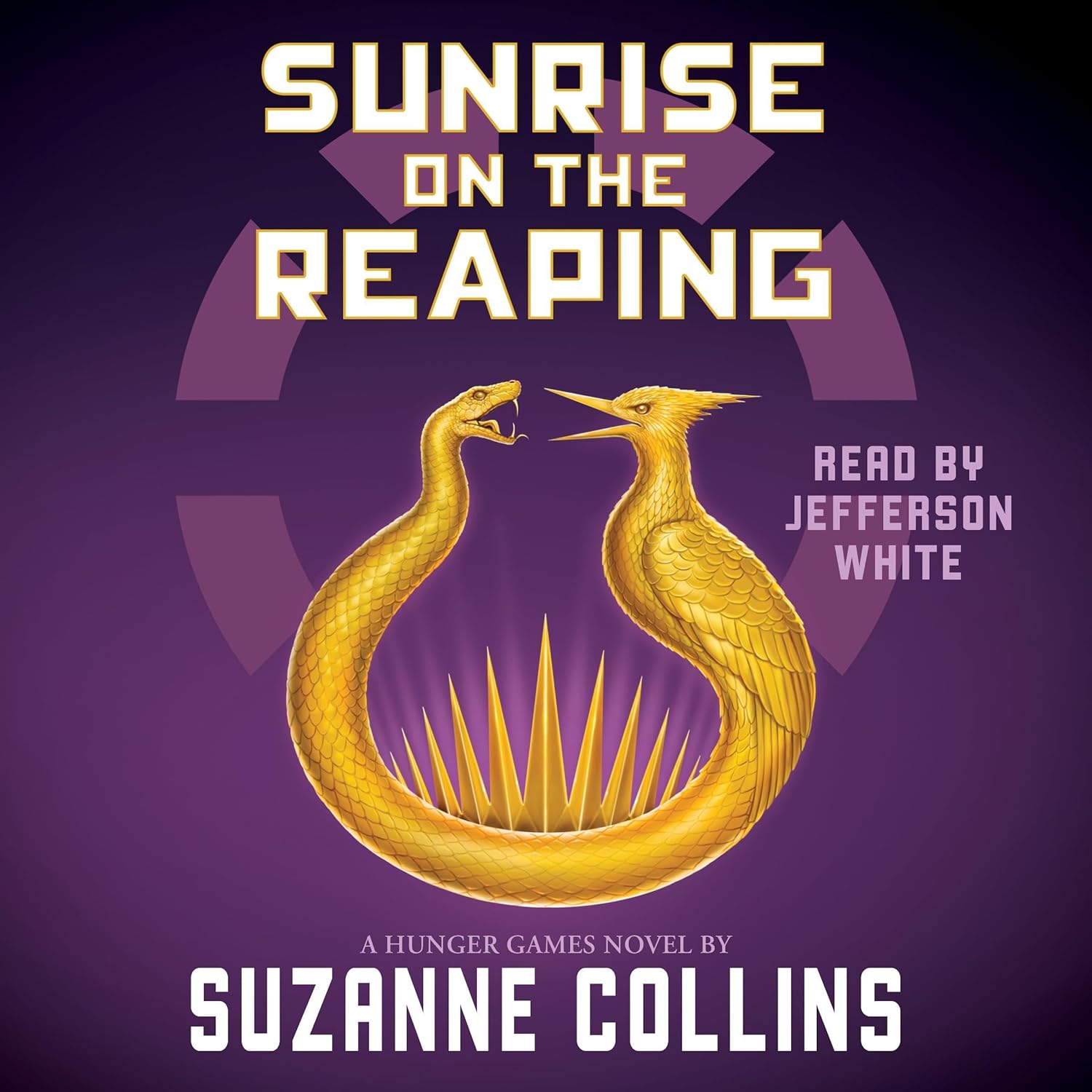Nepenthe Escape Addiction In Literature
Sunrise on the Reaping (A Hunger Games Novel) (The Hunger Games)
Page 174 Review
The Alluring Escape of Nepenthe: A Commentary on Addiction and Memory in Suzanne Collins’ Work
In a brief but telling exchange, the characters engage in a conversation centered around “nepenthe,” a mythical substance known for its ability to induce forgetfulness. This seemingly innocuous discussion opens a window into deeper themes of addiction, loss, and the desperate desire to escape painful realities. The power of this passage lies in its ability to subtly foreshadow the challenges and coping mechanisms that characters will face as the narrative unfolds.
The Significance of Nepenthe
The conversation begins with a seemingly casual observation:
“it, unnerves me. I don’t like her name in his mouth.
“Of course, it’s unclear in the poem if nepenthe’s the liquor or the drug added to the liquor,” he continues.
“I remember having this same discussion with Lenore Dove. She said quaff means to drink, usually something with alcohol. And the guy telling the story in the song is trying to stop thinking about how he lost his true love.”
This evokes themes around the suppression of difficult emotions, and how this suppression can lead to the formation of unhealthy coping mechanisms, like substance abuse.
The Lure of Forgetfulness
The desire to escape painful memories is a recurring motif throughout the story. The characters’ reflections on the intoxicating nature of “nepenthe” highlight the human tendency to seek solace in temporary relief. They state:
“I think the important part is it makes you forget terrible things,” I say.
“Exactly. I’m sure this is just a poor imitation. Grain alcohol colored with berries. In the old days, it actually contained morphling, but the stuff was so addictive it was banned. May I ask how you know that poem, Haymitch?”
Secrecy and Deception
The conversation takes a turn when the question of knowledge arises:
“Everybody knows it in Twelve.” That’s a big lie, but I want him to think we all learned it in a book, like he did.
This lie reveals a desire for acceptance and a vulnerability masked by a facade of familiarity. The fear of being perceived as ignorant or different motivates the character to fabricate a shared understanding, hinting at the social pressures and insecurities that permeate their world.
A Glimmer of Hope Amidst the Darkness
Despite the underlying themes of escape and deception, the passage concludes with a glimmer of hope and wonder. The invitation to the conservatory offers a brief respite from the weight of the conversation:
“Really? Huh. Well, I’ve got something you’ll want to see. It’s in the conservatory.”
“Sure, the conservatory. Whatever that is. He leads me out a side door, down a narrow hallway, and into a room whose domed ceiling frames a piece of the evening sky. Glass curves around to form the walls as well, revealing a garden of bright flowers and trees outside. Seems like overkill, since the room’s already filled with plants that glisten in the humid air. Birds fly freely among the overhead beams, chirping their heads off. Little tables”
This description stands in stark contrast to the earlier discussion of nepenthe, suggesting that genuine beauty and connection can offer a more lasting form of solace than artificial escapes. The imagery of the conservatory, with its vibrant colors and natural splendor, symbolizes the possibility of healing and renewal amidst the darkness.
Conclusion
In this passage, the seemingly simple conversation about “nepenthe” serves as a microcosm of the complex themes explored in Suzanne Collins’ work. The characters’ reflections on forgetfulness, secrecy, and the search for solace offer a poignant commentary on the human condition. While the allure of escape is undeniable, the passage also hints at the possibility of finding genuine hope and connection in the beauty of the natural world. This delicate balance between darkness and light sets the stage for a compelling narrative that explores the depths of human resilience and the enduring power of the human spirit.
Buy full ebook for only $15: https://www.lulu.com/shop/suzanne-collins/sunrise-on-the-reaping-a-hunger-games-novel-the-hunger-games/ebook/product-e7496ww.html?page=1&pageSize=4
Read more: Dystopian District: Analyzing a Book Excerpt
Read more: Dystopian District: Analyzing a Book Excerpt

